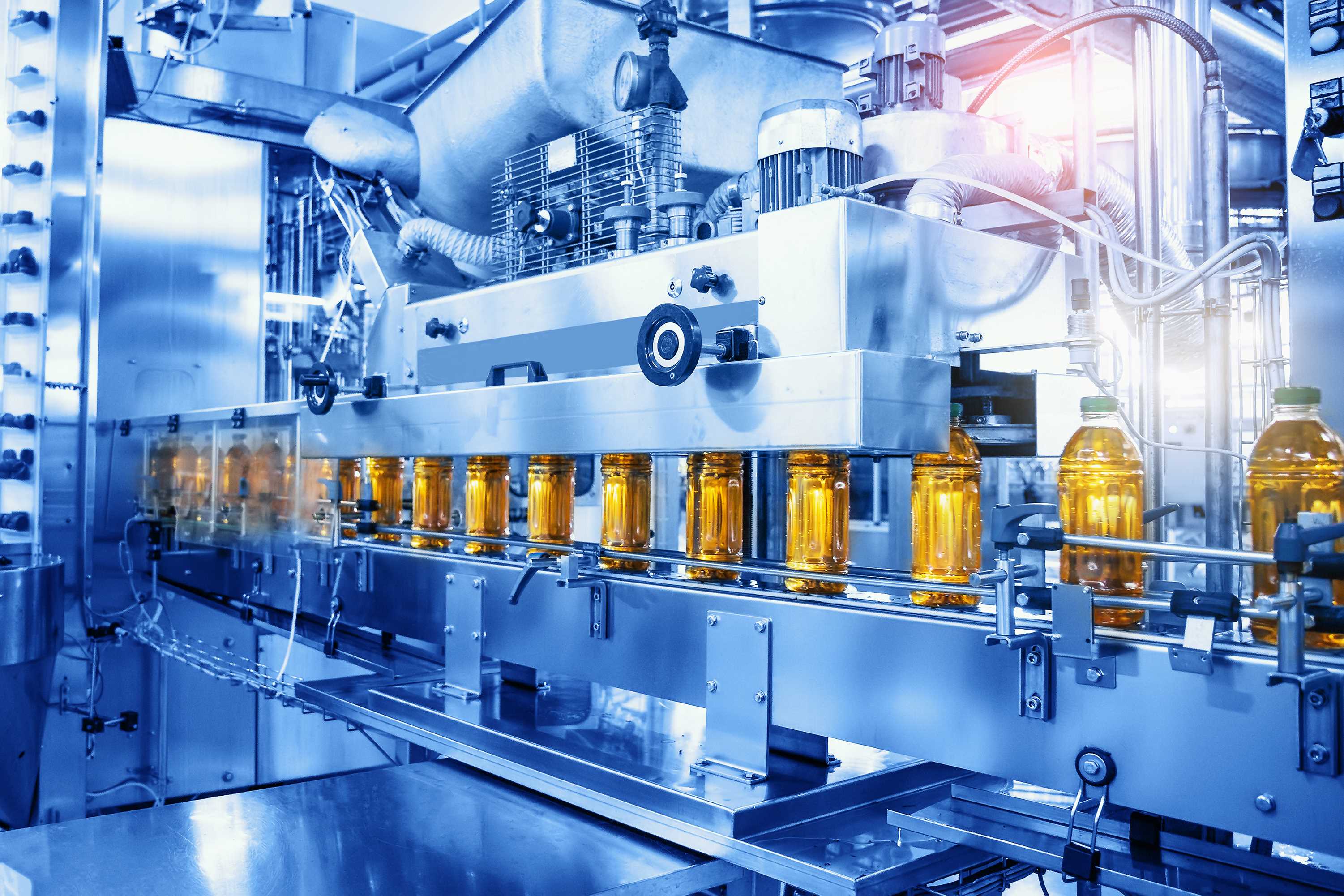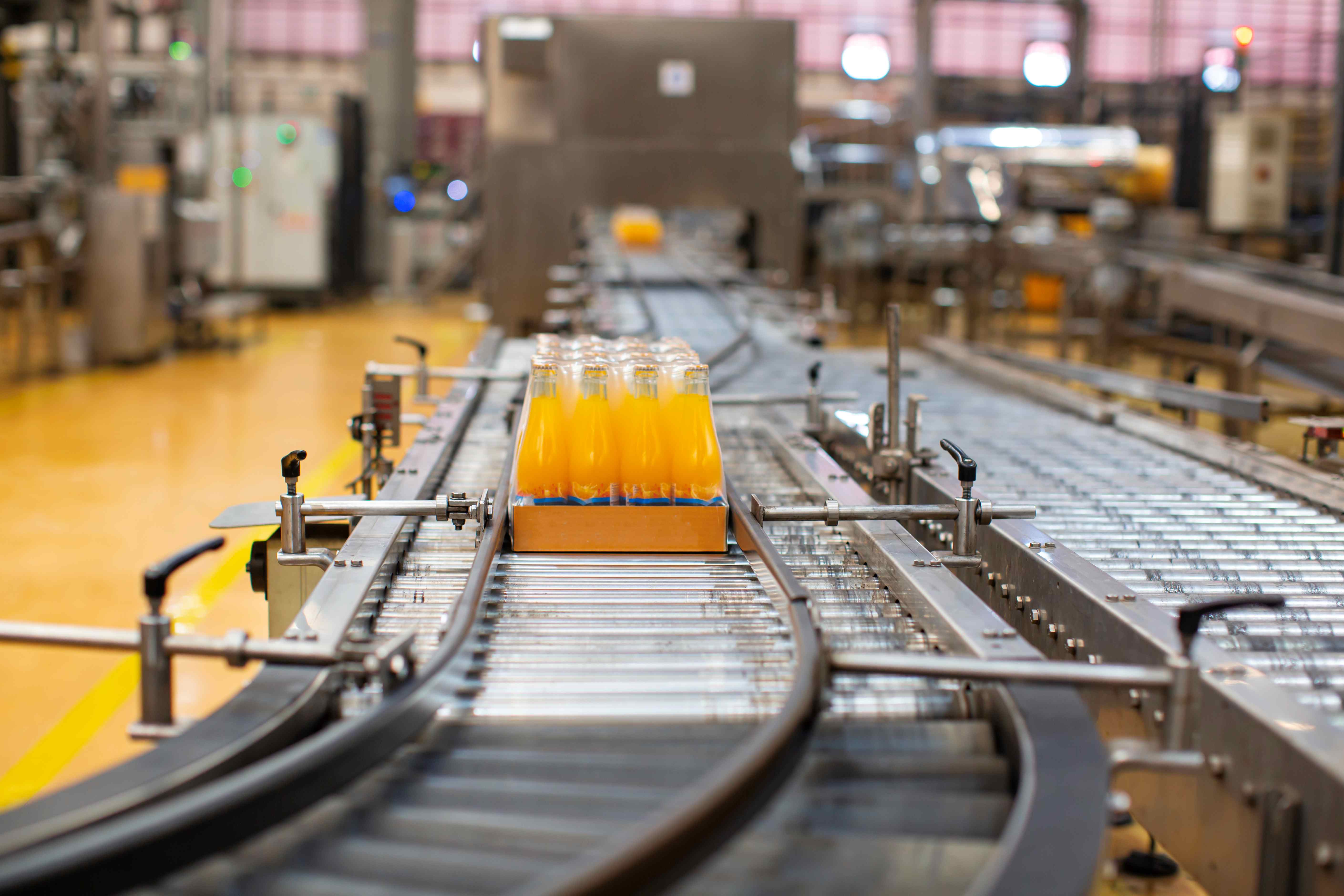Edge AI: Catalysing Transformation in the Chemical Industry
In the age of AI, the chemical industry finds itself on the brink of a major shift, propelled by the demands for enhanced efficiency, sustainability, and innovation. Edge AI emerges as a key technological enabler, offering unparalleled capabilities for real-time monitoring and control, predictive maintenance, supply chain management, and enhancing sustainability and energy waste optimization.
Edge Computing and AI in the Chemical Industry: Transforming Operations and Driving Innovation
In the rapidly evolving chemical industry, the drive towards digital transformation has become imperative to maintain competitiveness and sustainability. Among the technologies spearheading this transformation, edge computing and AI in emerge as a pivotal force, offering advancements in operational efficiency, safety, sustainability, and supply chain management.
This article ilustrates the key drivers and use cases of Edge AI within the chemical sector, highlighting how leading companies are leveraging this technology to revolutionize their operations.
1. Real-time Monitoring and Control: The Foundation of Operational Excellence
At the heart of the chemical industry's digital transformation is the need for real-time monitoring and control of manufacturing processes. Edge computing facilitates the instantaneous analysis and processing of data generated by sensors and instruments across production facilities. This capability enables operators to make immediate adjustments to process parameters, ensuring optimal performance, enhancing product quality, and reducing material waste.
A common use case is the monitoring of reaction conditions, such as temperature, pressure, and chemical concentrations. Edge devices can process this data in real-time, allowing for automatic adjustments to maintain reaction conditions within specified limits. This not only improves the efficiency and yield of chemical processes but also minimizes the risk of unsafe conditions, thereby ensuring the safety of personnel and facilities.

2. Predictive Maintenance: Minimising Downtime and Enhancing Reliability
Predictive maintenance stands out as a pivotal application of edge computing in the chemical industry. By continuously monitoring the condition of equipment and machinery, edge computing enables the prediction of failures before they occur. This approach allows for maintenance to be scheduled at optimal times, avoiding unplanned downtime that can disrupt production schedules and incur significant costs.
Vibration analysis, temperature monitoring, and wear detection are typical parameters analyzed by edge devices to forecast equipment health. By identifying anomalies that may indicate an impending failure, chemical manufacturers can proactively address issues, extending the life of their assets and maintaining consistent production levels.
3. Supply Chain Management: Driving Efficiency and Responsiveness
The complexity of the chemical industry's supply chain, characterized by raw material sensitivities, demand fluctuations, and regulatory constraints, necessitates advanced management solutions. Edge computing enhances supply chain visibility and agility, enabling manufacturers to respond swiftly to changing market demands and supply chain disruptions.
Real-time tracking of raw materials and finished products through edge-enabled devices provides manufacturers with up-to-the-minute insights into inventory levels, production status, and logistics operations. This enhanced visibility supports more accurate forecasting, dynamic planning, and efficient resource allocation, ensuring timely fulfillment of customer orders and optimizing inventory levels to reduce carrying costs.
4. Sustainability and Energy Waste Optimization: Towards a Greener Future
Sustainability is increasingly becoming a strategic priority in the chemical industry, driven by regulatory pressures and societal expectations. Edge computing plays a critical role in enabling more sustainable operations through energy waste optimization and the reduction of environmental impact. By monitoring energy consumption patterns in real-time, edge computing allows for the identification of inefficiencies and the optimization of energy use across production processes.
For instance, edge devices can control and optimize the operation of utilities, such as boilers and cooling systems, ensuring they operate at peak efficiency. Additionally, real-time monitoring of emissions and effluents helps ensure compliance with environmental regulations, while also identifying opportunities for reducing environmental impact through process adjustments.
5. Product Traceability: Ensuring Quality and Compliance
Product traceability is vital in the chemical industry to ensure quality control, regulatory compliance, and to facilitate recalls if necessary. Edge computing enhances traceability by capturing and processing data at each step of the production and distribution process. This granular level of data capture supports the rapid identification of issues, ensuring that products meet quality standards and regulatory requirements.
In the event of a quality issue or recall, the detailed data provided by edge computing enables manufacturers to quickly identify and isolate affected batches, minimizing risk to consumers and reducing the scope of recall operations. This capability not only protects consumers but also safeguards the manufacturer's brand and reputation.

Conclusion
Edge AI the combination of Edge Computing and AI, represents a transformative force in the chemical industry, enabling manufacturers to achieve new levels of operational efficiency, sustainability, and responsiveness.
Furthermore, the focus on sustainability and energy waste optimization, coupled with enhanced product traceability, underscores the industry's commitment to meeting the demands of a rapidly changing world.
About Barbara
Barbara is at the forefront of the AI Industrial Revolution. With cybersecurity at heart, Barbara is the Edge AI Platform for organizations seeking to overcome the challenges of deploying AI, in mission-critical environments.
With Barbara companies can deploy, train and maintain their models across thousands of devices in an easy fashion, with the autonomy, privacy and real-time that the cloud can´t match.
Barbara´s technology is composed of:
• Industrial Connectors to attach edge devices to any other legacy or next-generation equipment.
• Edge Orchestrator to deploy and control container-based and native edge apps across thousands of distributed locations.
• Device Management to provision, configure, update, operate and decommission Edge Devices cybersecurely.
• MLOps to optimize and package your trained model in minutes.
• Marketplace of containerized Edge applications ready to be deployed. The marketplace includes third-party applications and a suite of Barbara microservices.










